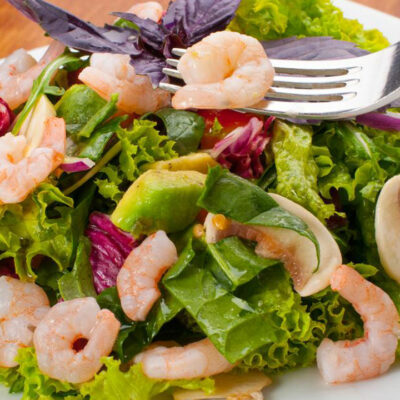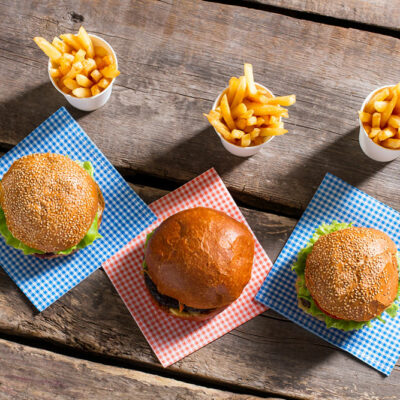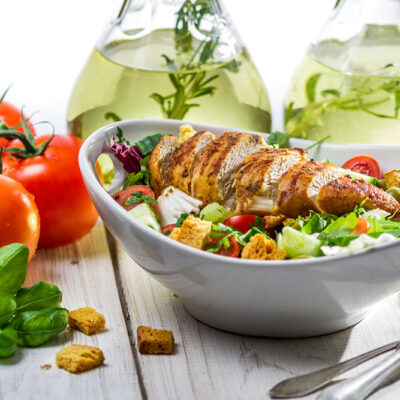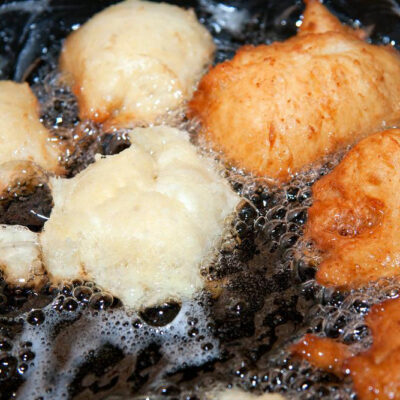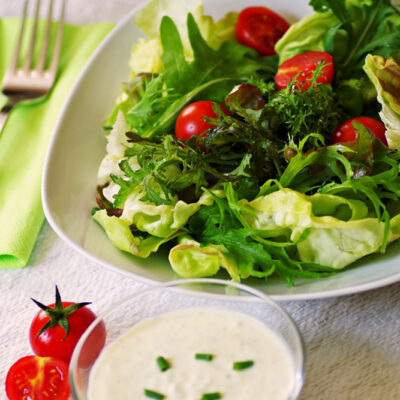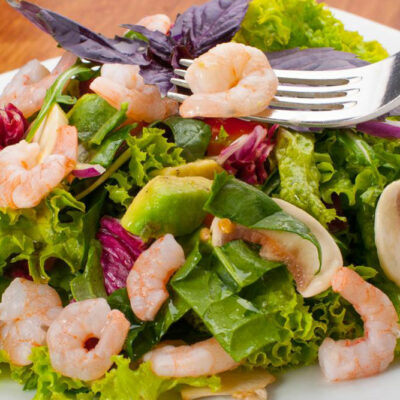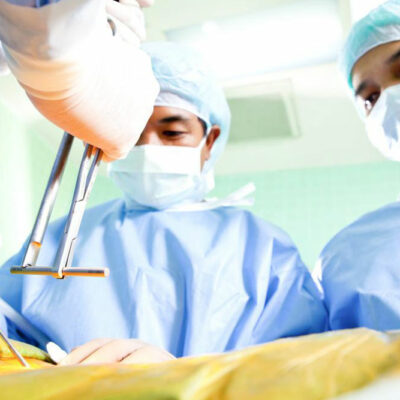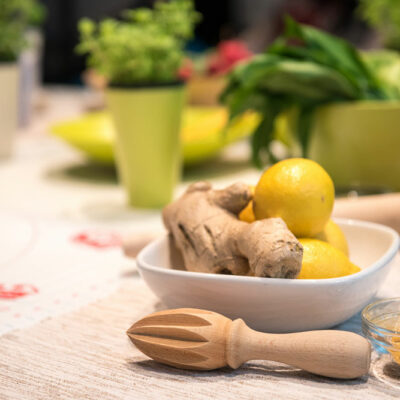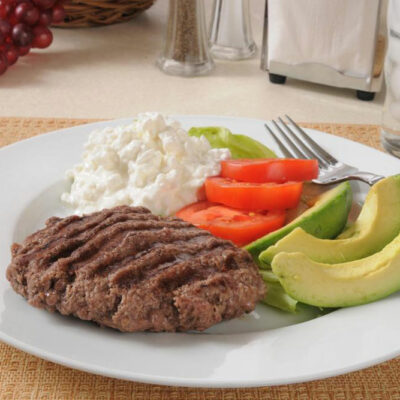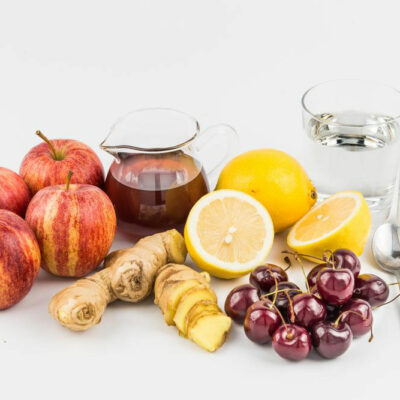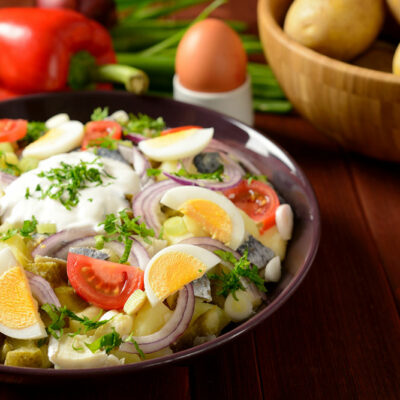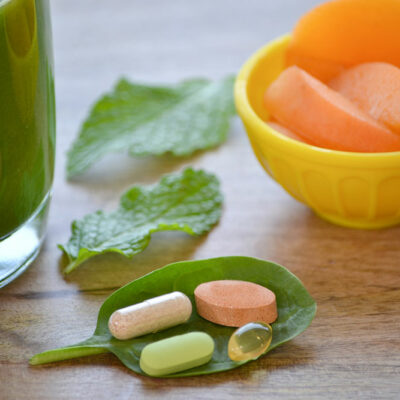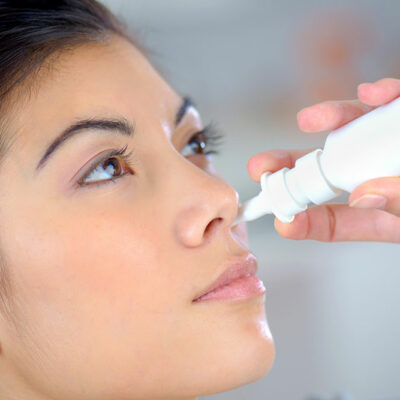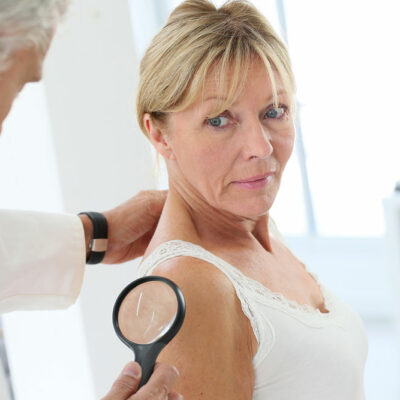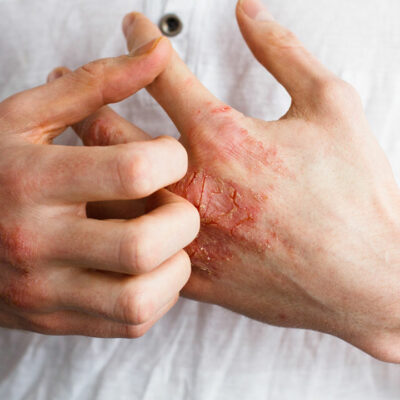
Diets & Meal Plans
Foods to Eat and Avoid for Patients with Eczema
Eczema, also known as atopic dermatitis, is a condition that makes one’s skin itchy and dry. Although the exact cause is unknown, some studies have linked this condition to an overactive response of the nervous system to an irritant. Although topical creams and other types of medications can help manage the condition, doctors may recommend certain types of foods and lifestyle changes to coexist with the condition efficiently. Who are at risk of developing eczema? People who have a family history of eczema are at risk of developing the condition. Moreover, children and infants who are born into families having a history of allergic diseases such as asthma or hay fever are also at an increased risk of suffering from eczema. Which are some foods that can be beneficial for patients with eczema? Since people with eczema often develop food allergies, one will need to examine their personal food preferences to make sure there are no further risks of the same. Some of the most common allergy triggers are usually associated with food items such as eggs, cow’s milk, gluten, soy products, fish, nuts, and shellfish. However, not everyone with eczema responds in the same way to these food items.
